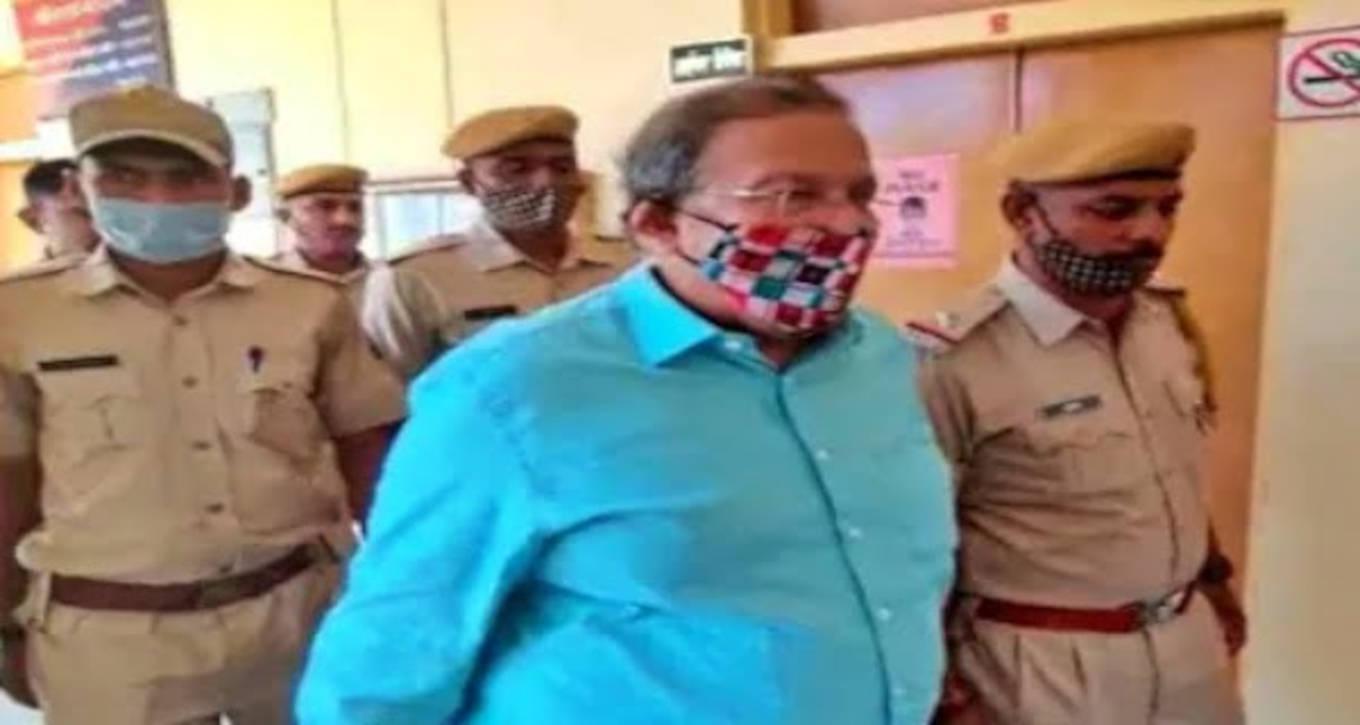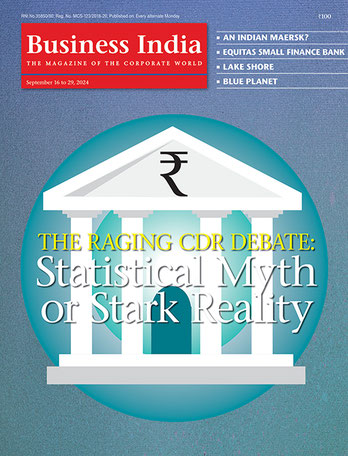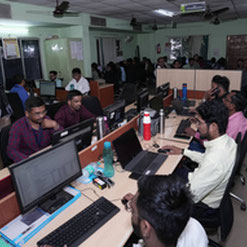Just two days after the Union finance ministry unveiled key norms to protect public sector bankers whose bona fide decisions could go wrong and lead to non-performing assets (NPAs), inviting scrutiny by government agencies, the Rajasthan police arrested Pratip Chaudhuri, a former chairman of the State Bank of India (SBI), the country’s largest bank. The arrest has rattled the banking and finance community. While former SBI chairman Rajnish Kumar called the arrest “highly motivated”, former SBI deputy managing director Sunil Srivastava asked how the police arrested Chaudhuri without any summons or notice. “Frankly, without notice and without summons, how can police from another state arrest someone in Delhi - where is the due process of law?” Srivastava asked. The finance ministry has issued a uniform staff accountability framework for NPA accounts up to Rs50 crore. These guidelines will be implemented with effect from 1 April, 2022, for accounts turning NPAs beginning next financial year. Chaudhari was arrested on charges of alleged complicity in undervaluing and aiding the sale of two hotels belonging to a business group whose loan from the bank in 2008 had turned into an NPA. The development flew in the face of the finance ministry’s order meant to help public sector bankers take faster decisions on loans, especially to corporates, at a time when the economy needs huge investments in projects to shake off the impact of the pandemic. Chaudhuri's arrest took place without an inquiry or a notice. The new norms clearly say that a senior police officer has to verify whether a prima facie offence is made out before seeking a formal probe. The standard operating procedures call for prior approval of a relevant authority before initiating a corruption investigation. The case relates to a Rs24 crore loan granted by SBI to Hotel Gaudavan, the company at the heart of Chaudhuri’s arrest, in tranches, beginning January 2008. The loan was restructured in January 2009, and repayments were rescheduled. The loan was sold to Alchemist Asset Reconstruction Company (ARC) in March 2014. It was then referred to the National Company Law Tribunal (NCLT) for resolution and was taken over by JFC Finance (India) Ltd in December 2017. Chaudhuri was arrested on 1 November by the Rajasthan state police after a Jaisalmer court issued an arrest warrant on a petition by the borrower. According to reports, the complaint that led to his arrest claimed Chaudhuri sold the property below market price to an asset reconstruction company whose board he later joined. The specific charge is that SBI allegedly sold a Rs200 crore collateral for a mere Rs25 crore to Alchemist ARC, a company in which Chaudhuri later became director. He was released on bail on 9 November. Interestingly, Chaudhuri retired as SBI chairman in September 2013, six months before the soured loans were sold to ARC for recovery.
-

Chaudhuri: arrested without notice, without summons

































